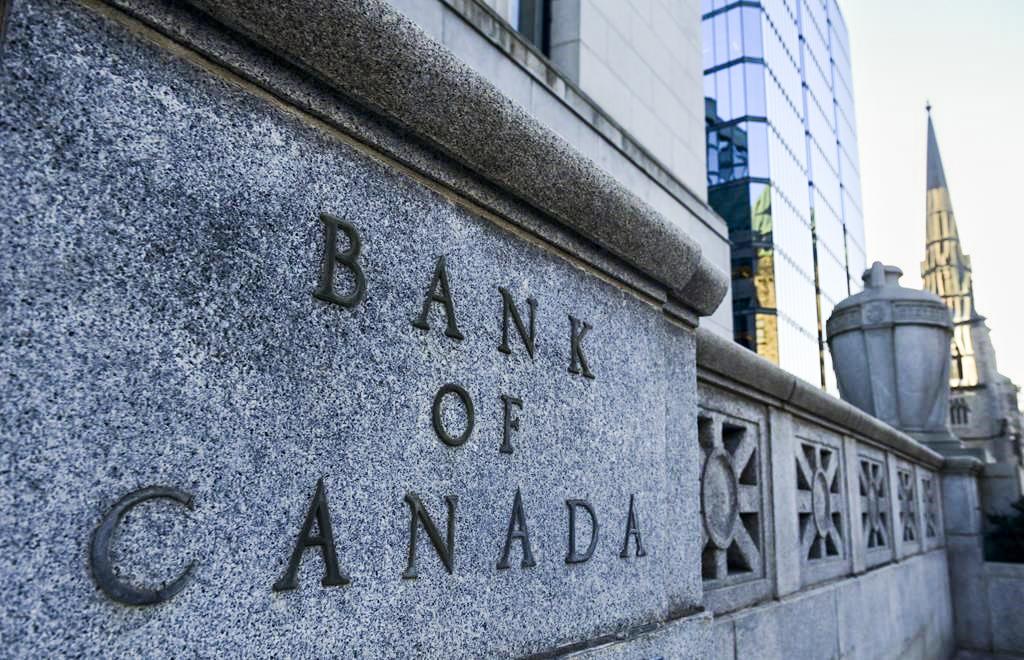Bank of Canada Governor Tiff Macklem told the Calgary Chamber of Commerce the economy isn’t heading toward a recession, before retracting his statement and cautioning a “technical recession”—defined as consecutive quarterly declines—remains a possibility.
“I don’t think we are in a recession,” Blacklock’s Reporter quoted Mr. Macklem saying during his Sept. 7 speech. “Where we are headed, of course, no one can know the future for certain.”




